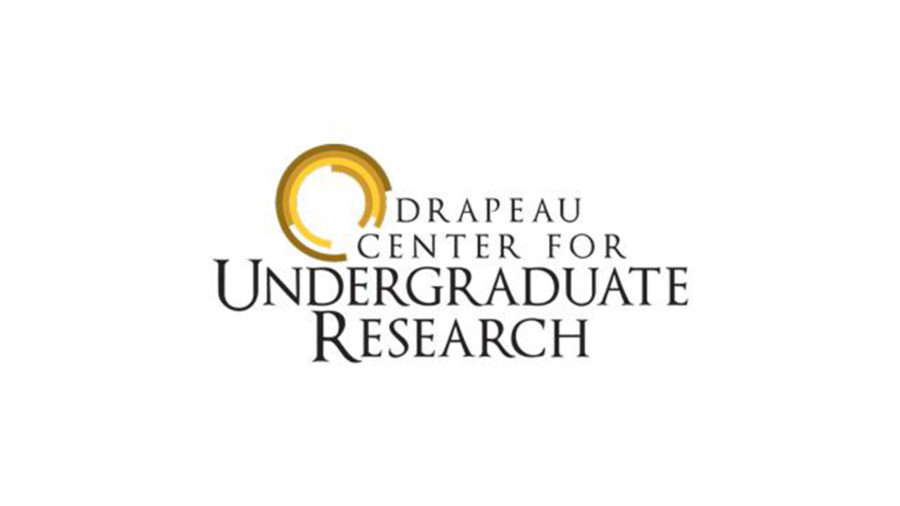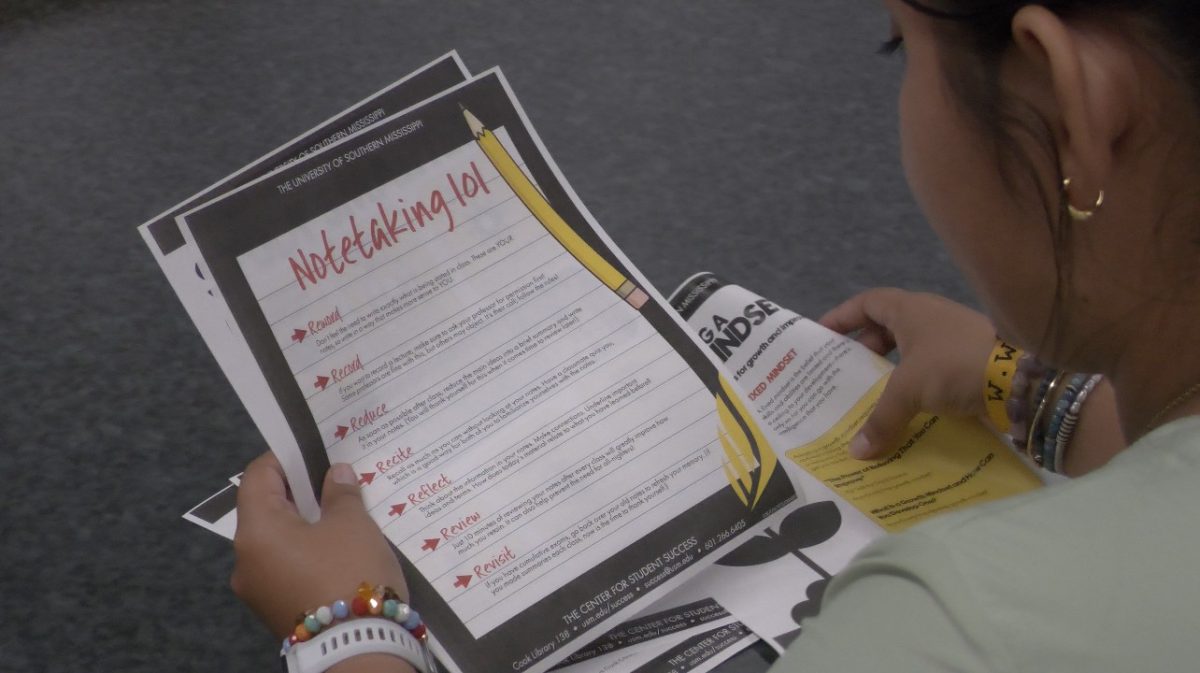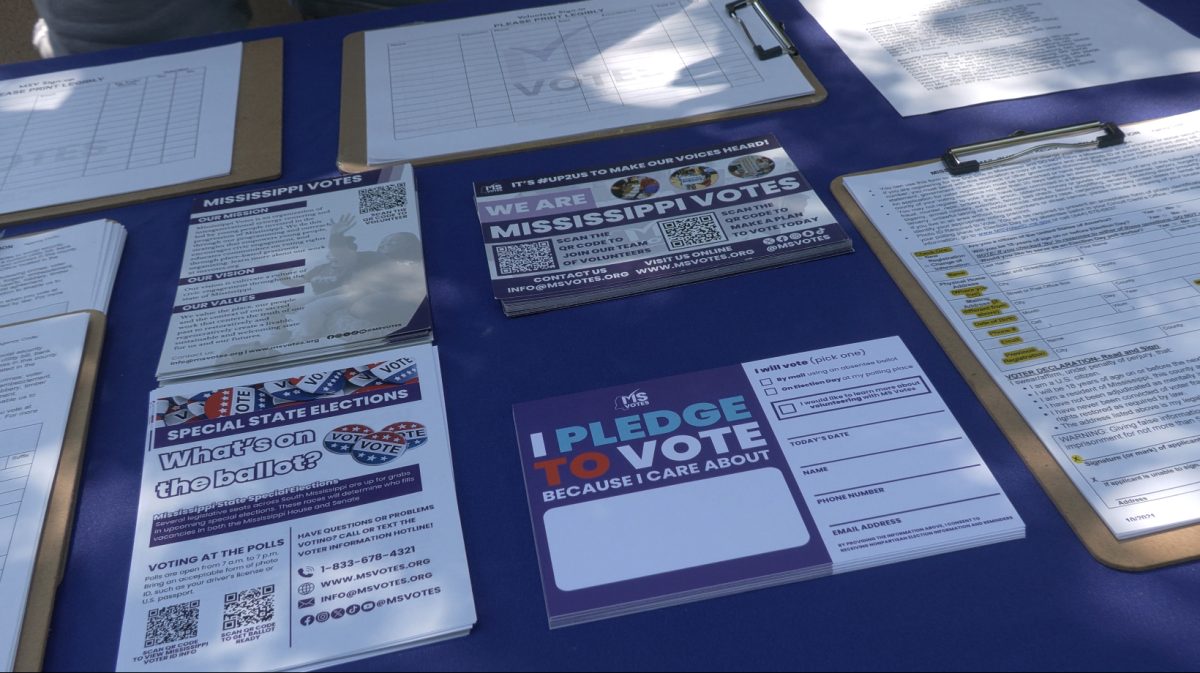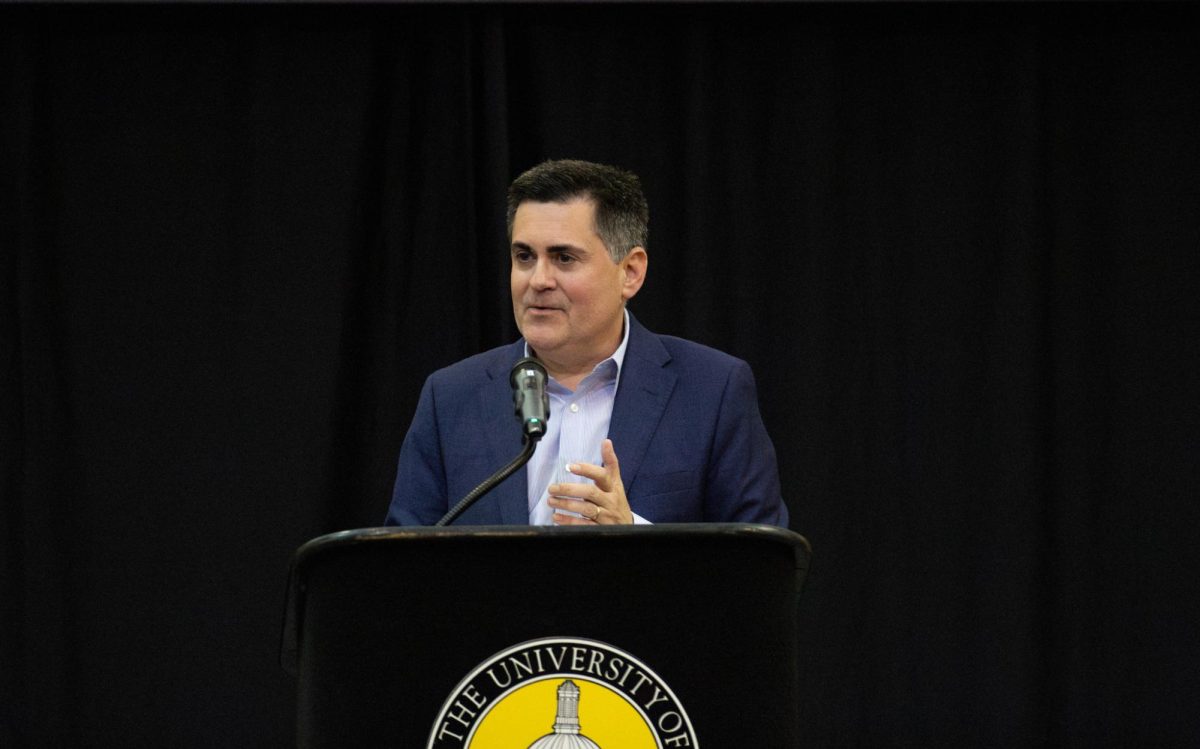The deadline for students to apply for The University of Southern Mississippi’s Eagle SPUR Scholarship and Eagle Wings Travel Funding Program is Nov. 15, 2016.
The Eagle Scholarship Program for Undergraduate Research (SPUR) offers students up to $1,000 in scholarship funds for individual undergraduate research or creative projects conducted alongside a USM faculty member.
The application process for an Eagle SPUR award includes a project proposal, budget, bibliography and a completed form from the faculty member involved. Students who receive this scholarship will be expected to complete 150 hours of work toward their project throughout the 2017 spring semester.
Any majors can apply for this funding. Eagle SPUR funding cannot be used as part of a capstone project but can be used for academic credit, depending on the circumstances. Any tenured faculty member of USM can serve as the faculty mentor required by the program.
The Eagle Wings Travel Funding Program began in the spring 2016 semester and provides up to $1,500 in travel expenses for students to attend conferences or travel to conduct research. Applicants must be full- time undergraduate students with good academic standing during their semester of travel. The applicant must be the primary conductor of research.
Both of these programs are directed by the USM Drapeau Center for Undergraduate Research.
“So many studies show that independent research give students the skills they need to succeed in their future professions,” said Chair of Steering Committee for Undergraduate Research Marie Danforth. “They build resilience, problem solving skills and task management. I encourage students to really trust their mentors and revise their proposals as much as possible. Students should also apply year after year, as I’ve seen so many students achieve funding the second time they apply.”
Danforth said students who show enthusiasm and innovation stand out among the proposals.
“We really want to see how the students’ projects relate to the work already done in their field, and how they plan to expand that previous knowledge through their research,” Danforth said.
“The program is important because it allows students to choose what they want to research,” said Douglas Masterson, dean of the College of Chemistry and Biochemistry. “It allows students the opportunity to explore questions they may have about something that really interests them personally. Something that really stands out in a proposal is student enthusiasm and a sense that the project is done out of true interest in the topic and its benefits.”
The program will accept nearly 25 projects per year, according to Masterson.
Masterson recently hosted two seminars on creating effective proposal presentations, and the Drapeau Center web page offers examples of past proposals and guidelines to help students form their proposals.
The Drapeau Center can be contacted through email at [email protected] for more information on the application process or questions about the program.
































